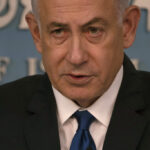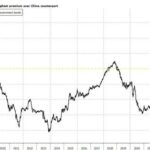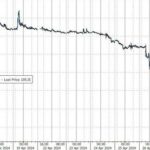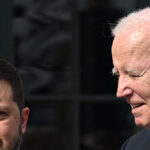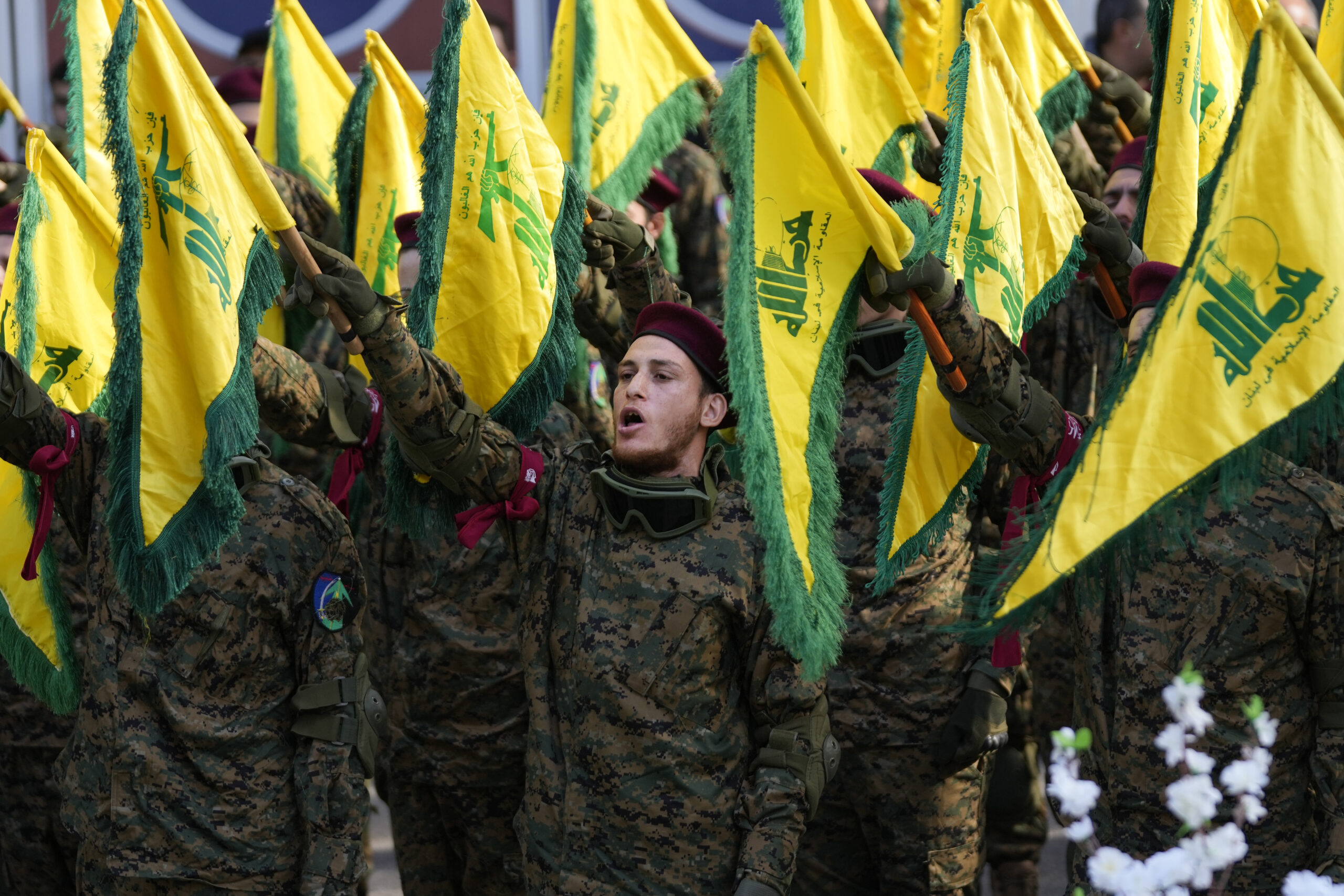

Israeli forces are believed to be responsible for multiple strikes in Lebanon and Syria on Friday that resulted in the deaths of dozens of soldiers.
More than 40 soldiers were killed in airstrikes near the northern Syrian city of Aleppo, the Syrian Observatory for Human Rights, a British-based group that tracks the war in Syria, said. The death toll could still rise.
The group said the strikes targeted a missile warehouse used by Hezbollah, the U.S. designated terrorist group based primarily in Lebanon; a training center; and defense factories in Al-Safira. Hezbollah blamed the attack on Israel, which rarely comments on such strikes, according to the Washington Post.
Israel has carried out strikes in Syria both before its current war in Gaza, which began after Hamas’s Oct. 7 attack, and since then.
The Israel Defense Forces also said its air force targeted and eliminated Ali Abed Akhsan Naim, whom they identified as the deputy commander of Hezbollah’s Rocket and Missile Unit, in the area of Bazouriye in Lebanon.
Hezbollah acknowledged his death on its Telegram channel but did not detail the circumstances of his killing.
Israel and Hezbollah have traded rocket fire over the border for months, since Oct. 7, when Hamas carried out its terrorist attack in Israel that left roughly 1,200 people dead and prompted Israel’s current war in Gaza against Hamas.
The tension between Israel and Lebanon is the most significant since the two countries went to war in 2006. The continued exchange of rockets has resulted in the displacement of civilians near the border on both sides.
Both Hezbollah and Hamas are among Iran’s network of militias throughout the Middle East. Iran’s proxies have benefited from the Syrian Civil War and the unrest in the country.
Israel and the U.S. have engaged with all of Tehran’s proxies — Hamas, Hezbollah, militias in Syria, and the Houthis in Yemen — since the Oct. 7 attacks.
The tension along Israel’s northern border has raised concerns about a possible expansion of the current war in Gaza.
CLICK HERE TO READ MORE FROM THE WASHINGTON EXAMINER
“Again, we’re watching closely the hostilities along that blue line, and we’ve also been very, very clear we do not support a war in Lebanon. We don’t want to see that happen. We’ve been crystal clear about that throughout the — since the very beginning of this,” White House national security communications advisor John Kirby said on Thursday.
“Restoring calm along that border remains a top priority for President Biden and for the administration,” he added.
